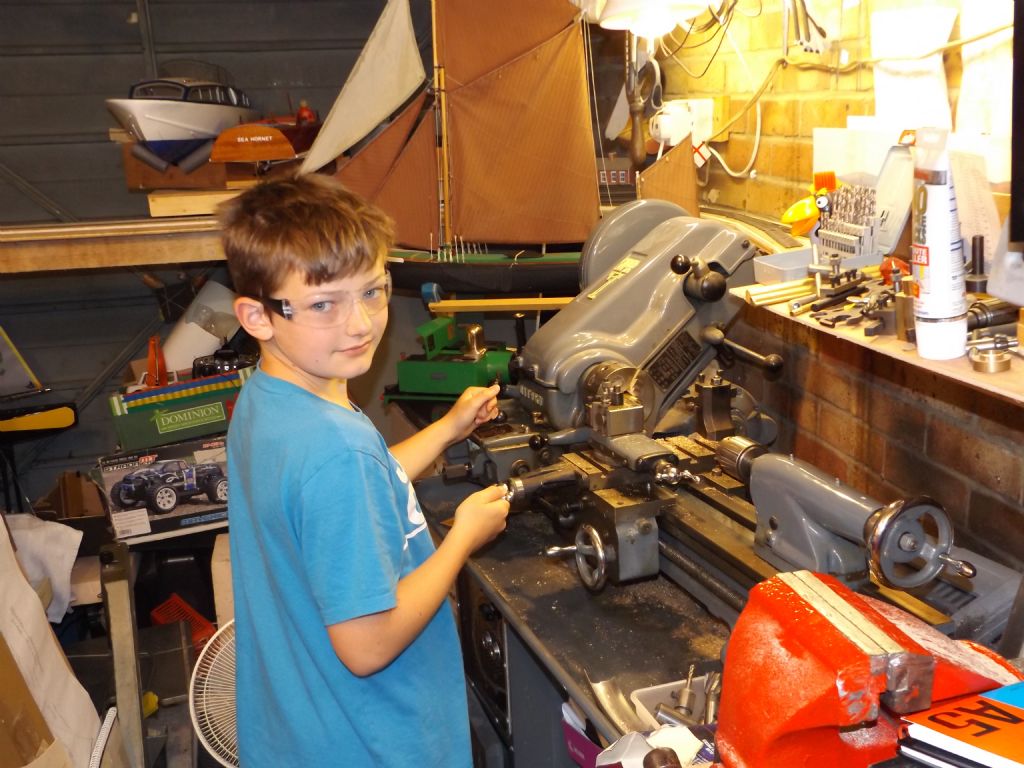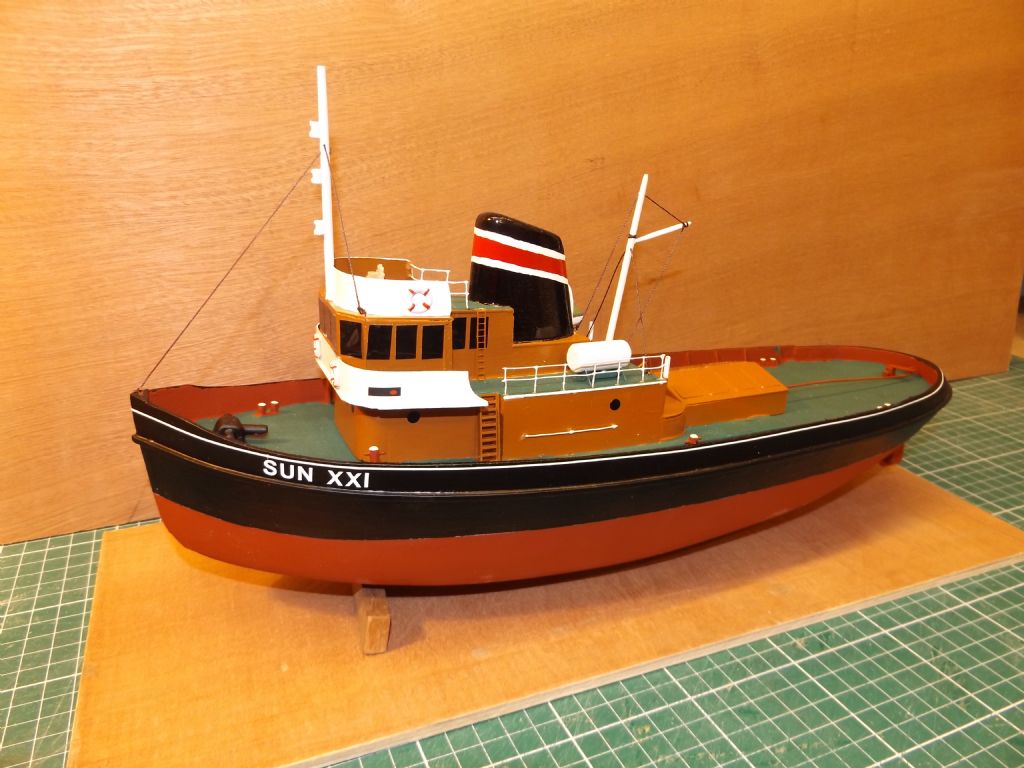Hi all……here is my penny worth.
As Ashley points out, we have had this discussion quite a few times,and it is a fundamental problem, getting younger people interested in our hobby, or any practical hobby for that matter.
With nearly 40 years experience as a Technology teacher in secondary schools, an examiner for 'O and A' levels and cub/scouts hobby badges plus a lecturer/mentor at Goldsmiths College teaching budding teachers the practical side of things for their Technology and teaching degrees, I have observed very many people of all ages and have come to some conclusions.
Everyone is born a blank canvas they say and watching and learning from their parents can form thought processes to be brought about in the young child that will ultimately affect how they deal with problem solving and skills, dangers and abilities in readiness for growing up etc.
As far as us old wrinkleys are concerned, we were brought into a world with far more hand skills around, most of the jobs that had to be done in the family home had a distinct practical side, not so many expensive things to do the work for us as now. Without really remembering the things we learnt at that tender age, we were exposed to darning, knitting, mixing food by hand as well as hand washing and a thousand other tasks. There was not really a television available when I was a kid, Oh they were there (I'm not that old) but we couldn't afford one.
Repairing things when they wore out or broke was commonplace,and many of our fathers and even mothers went out to work in an essentially manual world. These early inputs do register in our brains and…more importantly they are not alien to us or frightening. DIY came about at the same period, make do and mend and build your own radio are things we may also remember.
Another thing about early childhood is ones ability to Conceptualise, which it appears to me to be a God given ability even more than a learnt one. You would be surprised at just how high a percentage of the population are unable to look at 2 dimensional sketches and be able to visualise in their mind what it should look like in 3 dimensions. Something that most modellers will do without even thinking about it.
When given a few simple tests that I devised some years ago, secondary (11 to 13 years old) children (and those children are now in their 40's) about 95 % of them couldn't do it. When I asked the children who could do it what toys they liked or had, nearly all said Meccanno, Lego and Fischer Technic., none of the others were interested in those things, a real eye opener.
At their parents evening I often asked the parents of the ones with the practical or assembly like toys, why did they buy them for their children…..most answered that their kids really enjoyed them and spent hours inventing new things. It just came about naturally like girls wanting a BB gun and boys an Action Man or even a Cindy doll. The parents could no more wire an electric plug than fly to the moon, so it didn't come from them!
When giving a seminar to teachers about childrens ability to problem solve, I gave all the delegates a simple box to assemble and only an exploded view of it . Despite the fact that they were all very intelligent and qualified teachers only a very few could do it. I almost decided to start my own IKEA furniture assembly service on the spot.
I spent many hours allowing my son to tinker alongside me in the workshop, he turned out to be what they now call 'Word Blind' or Dyslexic, but he could conceptualise. He didn't follow me into the field of wood and metal but is now a highly sought after and qualified stone mason. Although he likes models he's still not interested in building them. His ability led him to a love of architecture and stonework, but it was still very practical
There is no guarantee that just because we have tried to get our youngsters interested in building models for instance, but by laying the groundwork at an early age they may come back to it when they have more time and grown a bit older.
I've tried every which way to get local youth groups interested in modelling. They love it while I'm doing it, but very rarely will one go into it as a hobby.
Talk to most plumbers, builders, electricians etc about their ability to conceptualise. Invariably it is a skill that most of them will have….maybe we should be recruiting them into our model clubs. Perhaps arranging a few talks at the local college of further education for the practical course students might pay dividends..
I could go on but I'll let that lot settle first.
Happy boating………………RON.





 perhaps the thread name should be changed ?
perhaps the thread name should be changed ?


